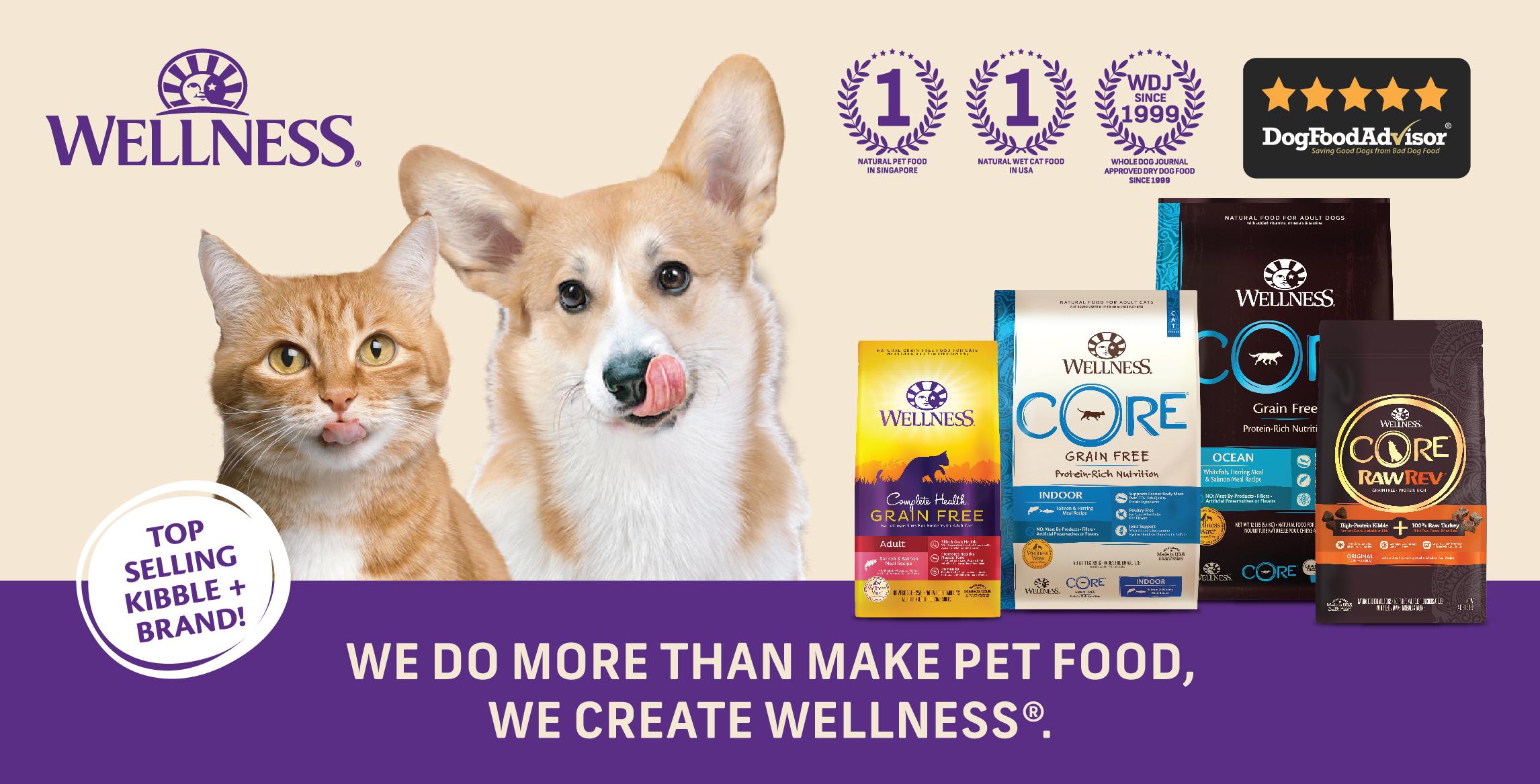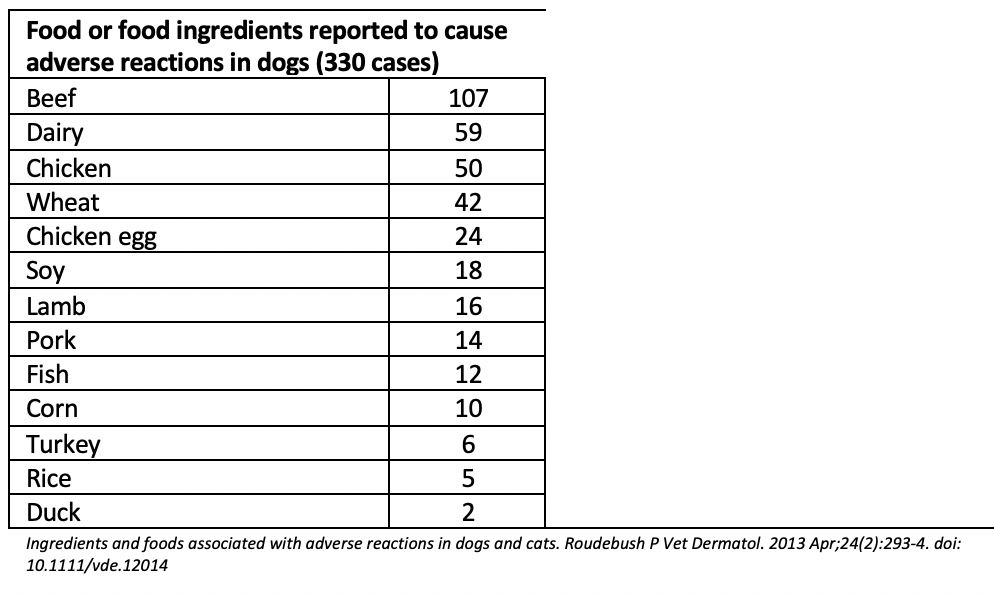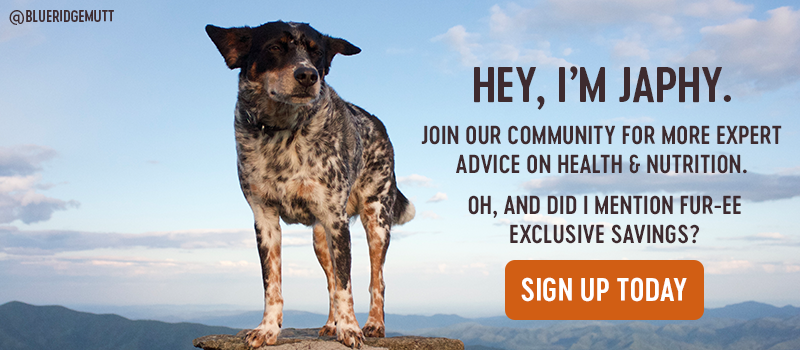Grain-Free or Non-Grain Free Dog Food: Which Is Healthier?

With so many pet food brands, recipes and flavors available, selecting the best dry dog food is tough. One feature that many pet parents have historically used is by determining if a product is a grain free or non grain free dog food. But, what does that mean for the health and wellbeing of dogs? Is one better than the other? Are all grain-free diets the same? And can a pet parent expect significant differences by feeding one over the other?
What makes grain free or non grain free dog food? The carbohydrate source.
Before we start, let us get clear on the bigger picture as to what both grain and grain-free ingredients are, carbohydrates. As a macronutrient, the starch in carbohydrates is a vital source of energy to fuel dogs’ activities. Carbohydrates are a rich source of fiber that support dogs’ digestive health. Carbohydrates nourish good intestinal bacteria and include essential nutrients like protein and key vitamins and minerals. As with most foods, the quality of the carbohydrate ingredient is paramount to its nutritional value. Higher quality ingredients deliver an abundance of nutrition especially when compared with over processed carbohydrates such as flour.
Grain and Grain Free Ingredient Sources:
Within carbohydrates, different ingredient sources are classified by sub-groups including grains/cereals, legumes and tubers which can also be split into a larger group of grains (cereals) and grain free (everything else but cereals).
- Grained recipes: can include common cereal sources like wheat, corn, barley, oatmeal, rye and rice.
Grain free recipes: include other carbohydrate sources like potato, sweet potato or legumes such as peas, lentils or beans.
Whilst the Grey Wolf ancestor of today’s modern dog rarely ate carbohydrates, the dogs we know and love today have thousands of years of evolution to now possess several new and modified genes.
These new genes enable dogs to easily digest carbohydrates. So if dogs can digest carbohydrates and use them as a good source of energy, why is this such a topical issue for some pet parents?
Why Choose Either Grain Free or Non Grain Free Dog Food?
Allergies & Food Insensitivities:
An adverse food reaction is defined as any abnormal clinical response that occurs following ingestion of a food or food component. Adverse reactions can be initiated by single chemical elements within a food, may be caused by larger components of the food or may only be seen when a whole commercial diet is fed and not if the individual ingredients are fed.
To make it even more complex, adverse reactions may be seen with very small amounts of food or may require overfeeding for extended exposure and will often present with signs of a skin or intestinal upset. Food allergies in dogs are uncommon, but they can occur. Looking at the top 10 ingredients that have been diagnosed as food allergens, the main culprits are beef or chicken but some grains such as wheat, corn and rice do make the top 10. This is why it makes sense for some pet parents to avoid grains.
Overall Carbohydrate Levels
Grain Free and Decreased Amounts of Carbohydrates:
Whilst grain free does not always mean less carbs, there are numerous brands that deliver a grain free recipe with up to 55% less carbohydrates when compared to their non grain free dog food. For some pet parents, seeking a diet with lower carbohydrates and more high-quality animal proteins is something that appeals to them. This approach can create a tastier meal for fussy dogs while supporting optimal digestion, improving skin and coat health and building strong lean muscles. Transitioning on to a grain free recipe can make sense; however, it’s important to note that this approach does not suit all dogs.
For some dogs, a non grain free dog food makes more sense. For example, keeping the protein lower and the carbohydrates higher in a healthy, balanced meal lowers the richness of the recipe for dogs with sensitive stomachs. A high-quality non grain free dog food will still deliver complete and balanced nutrition to promote wellbeing, just in a different overall format to suit dogs’ nutritional needs.
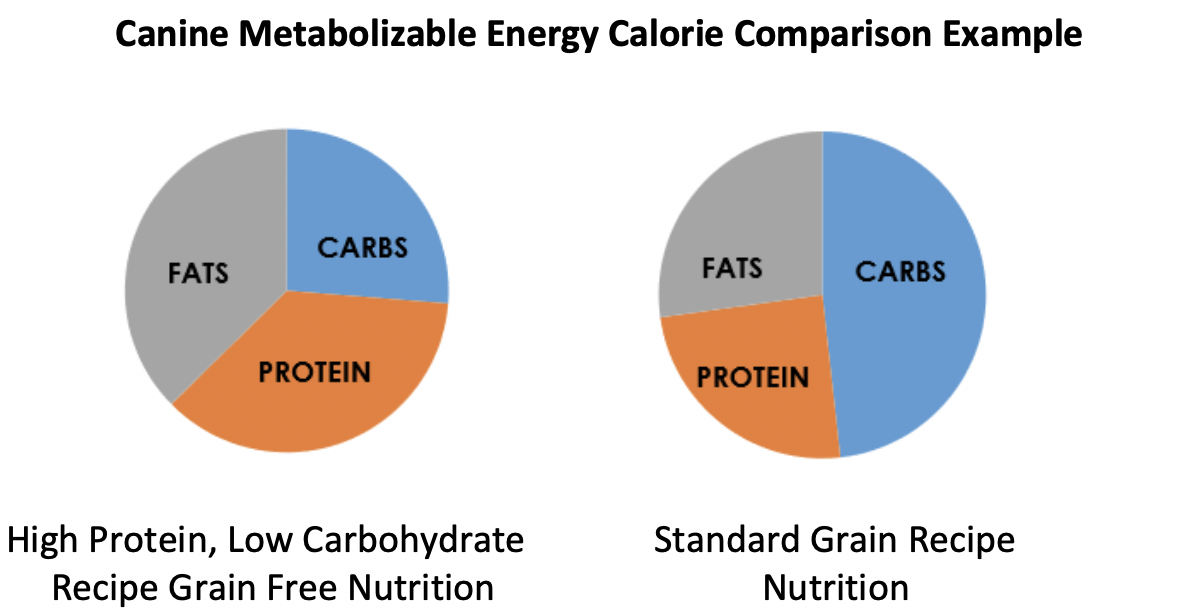
Safety and Wellbeing:
When selecting a pet food brand, trusting in the company you choose is key. In most cases our dogs will eat the same food every day. That’s why it’s important to ensure they’re getting the nutrition they need.
A couple years ago, concerns with some brands were raised by the FDA due to their association of potentially causing heart health issues. If you’re feeding a grain free food, here are a few steps you can take to ensure the brand you choose is safe:
- Confirm that taurine is listed in the ingredients.
- Reach out to that brand to understand what commitment they have to the safety and quality of their recipes and manufacturing process is like.
- Know whether they meet the Association of American Feed Control Official’s (AAFCO) pet food guidelines.
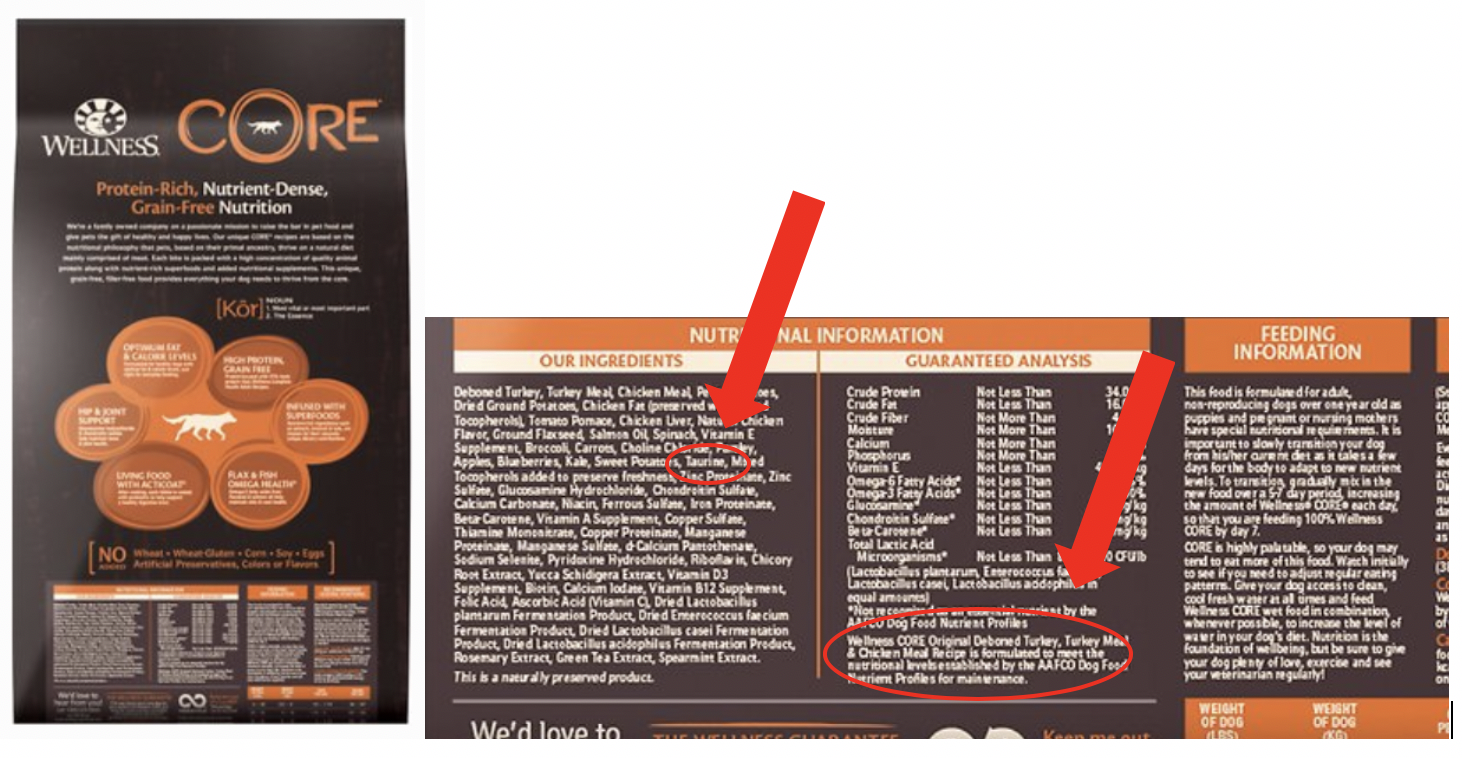
So what should you pick?
The decision ultimately comes down to what you—and your dog—prefer. Look for a food that is complete and balanced. This means the ingredients provide the recommended levels of protein, fat and essential nutrients in the appropriate ratios and concentrations. Verify that the brand is one you can trust, undertakes scientific studies and meets the Association of American Feed Control Official’s (AAFCO) pet food guidelines. Then, look at the overall ingredients. Are they real and wholesome ingredients? Is the recipe formulated to match any unique nutritional needs your dog has?
At Wellness, all our recipes deliver the highest quality complete and balanced, scientifically-proven nutrition to promote superior wellbeing. We have something for dogs of all sizes, breeds and nutritional needs. Wellness CORE high-protein dry dog foods are offered in both Grain Free and with Wholesome Grains options. And our CORE RawRev high protein kibble has 100% meat pieces mixed in for a taste your dog will crave—also available in Grain Free and with Wholesome Grains options.
